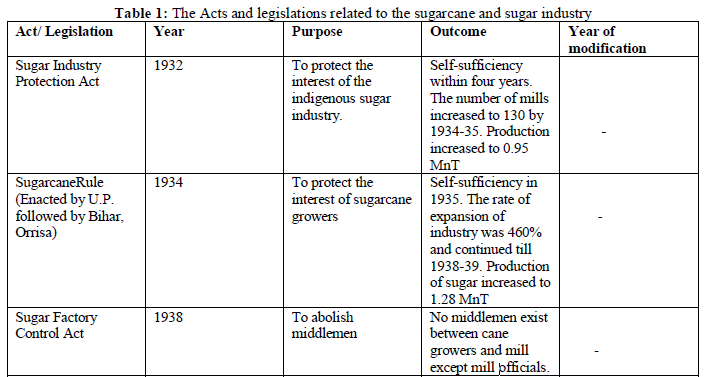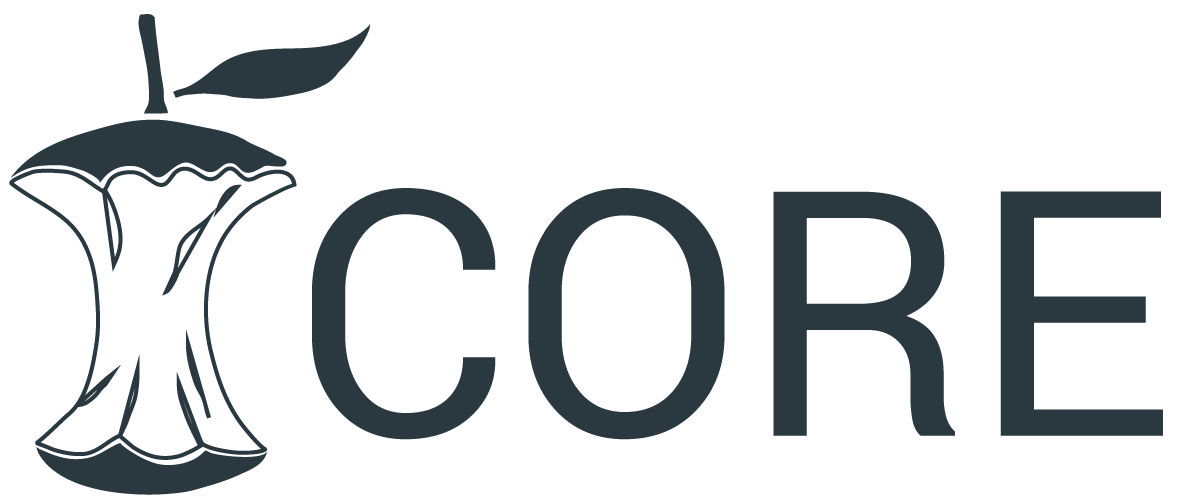Sustainable Sugarcane Production: Role of Policy and Legislation in the Context of India
DOI:
https://doi.org/10.5281/zenodo.13838108Keywords:
sugarcane, legislation, socio-economicAbstract
This research paper offers a comprehensive analysis of the impact of policy and legislation on the promotion of sugarcane production in India. It thoroughly examines various Acts, Orders, and policies from 1932 to 2020, including the Essential Commodities Act, Sugar Control Order, and Biofuel policy etc. The study evaluates the effectiveness of these policies in ensuring the efficient use of resources in sugarcane cultivation and addresses the sustainability of the sugarcane sector, as well as the socio-economic improvements brought about by regulatory implementation in the sugar industry. It also discusses the challenges in balancing environmental, economic, and social factors within the sugarcane industry and provides policy recommendations aimed at enhancing it, such as integrating policy frameworks, supporting farmers, and offering incentives for sugar mills. This paper concludes that the legislation framed for the welfare of the sugar industry has helped this sector to grow tremendously in terms of production, productivity, and trade. It has also contributed to generating significant employment in the economy. The paper sheds light on previous literature and supports the view that such regulations have affected the free play of the sugar market and, in turn, its overallperformance.
Downloads
References
Satish Kansal. (1997). Factors determining indian sugar production and its comparative advantage. Sugar and Beverages Group, Commodities and Trade Division, FAO. https://www.fao.org/4/X0513E/x0513e16.htm.
Reddy, AAmarender. (2011). Sugar and cane pricing and regulation in India. International Sugar Journal. 548, 550, 552, 554-556. https://www.researchgate.net/publication/215765474_Sugar_and_cane_pricing_and_regulation_in_India.
Shanthy, T.R., &Ramanjaneyulu, S. (2014). Socio-economic performance analysis of sugarcane cultivation under sustainable sugarcane initiative method. Indian Research Journal of Extension Education, 14, 93-98.
Priyanka, P. Asha, M. Chandrasekaran, & E. Nandakumar. (2016). Review of committee reports on Indian sugar industry and partial decontrol. Asian Journal of Agricultural Extension, Economics & Sociology, 12(2), 1-9. https://doi.org/10.9734/AJAEES/2016/27551.
Abnave Vikas, B. (2017). State intervention: A gift or threat to India's sugarcane sector?. Bangalore: Institute for Social and Economic Change. https://www.econbiz.de/Record/state-intervention-a-gift-or-threat-to-india-s-sugarcane-sector-abnave-vikas/10011723809.
Bordonal, Ricardo, Carvalho, João, Lal, Rattan, Figueiredo, Eduardo, Oliveira, Bruna, & La Scala Jr, Newton. (2018). Sustainability of sugarcane production in Brazil. A review. Agronomy for Sustainable Development. 38. 10.1007/s13593-018-0490-x. https://www.researchgate.net/publication/323443015_Sustainability_of_sugarcane_production_in_Brazil_A_review.
El chami, Daniel, Daccache, Andre, & Moujabber, Maroun. (2020). What are the impacts of sugarcane production on ecosystem services and human well-being? A review. Annals of Agricultural Sciences. 65. doi:10.1016/j.aoas.2020.10.001.
Report of task force on sugarcane and sugar industry. NITI Aayog. (2020 March). https://library.niti.gov.in/cgi-bin/koha/opac.
Price policy for sugarcane 2020-21, Commission for agricultural costs and prices (CACP), Ministry of agriculture and farmer welfare, Govt. of India. (2020 November). https://cacp.da.gov.in/ViewReports.aspx?Input=2&PageId=41&KeyId=826.

Downloads
Published
How to Cite
Issue
Section
License
Copyright (c) 2024 Prof. Yudhvir Singh, Prof. Archna Singh

This work is licensed under a Creative Commons Attribution 4.0 International License.
Research Articles in 'Management Journal for Advanced Research' are Open Access articles published under the Creative Commons CC BY License Creative Commons Attribution 4.0 International License http://creativecommons.org/licenses/by/4.0/. This license allows you to share – copy and redistribute the material in any medium or format. Adapt – remix, transform, and build upon the material for any purpose, even commercially.









